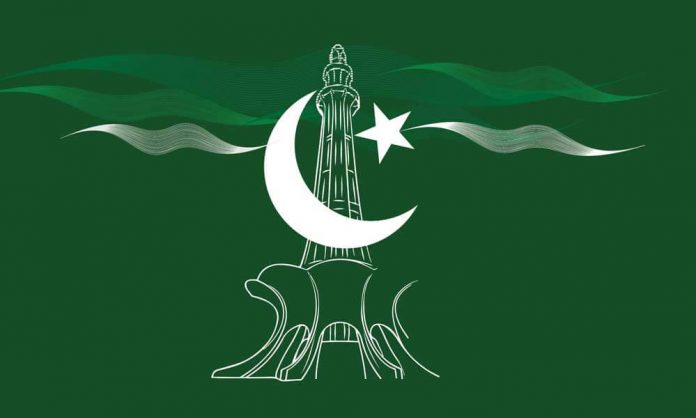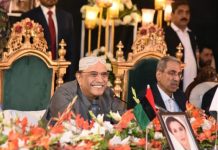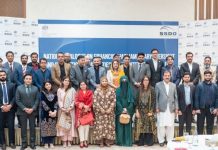ISLAMABAD, Mar 18 (DNA): March 23 is the day when the All India Muslim League under the prudent leadership of Muhammad Ali Jinnah set a direction to translate the dream of Allama Muhammad Iqbal of an independent state for the Muslims of the Indian subcontinent into reality, passing a unanimous Lahore Resolution-1940, commonly known as the Pakistan Resolution.
“All India Muslim League on this significant day pledged to initiate a movement for a separate land for the Muslims of the sub-continent to end their miseries,” renowned scholar Prof Fatah Muhammad Malik said.
He said in his famous Allahabad address, Iqbal made it clear that Islam had its socio-economic system and, to implement it, a separate, independent political entity was a must. Guided by Iqbal’s vision, the Quaid began working to muster the full support of Muslims realizing the importance of having their own homeland.
An independent state for the Muslim minority was the need of the hour as it was facing untold miseries and disgrace at the hands of British rulers and their Hindu subordinates, coupled with growing social and economic disparity between the two nations.
A crisp spring day in 1940, under the shadow of the Badshahi Mosque, in a city that has been at the heart of the Muslim subcontinent for centuries, leadership of All India Muslim League headed by Muhammad Ali Jinnah resolved to create a separate homeland for their people.
Flanked by leaders of the All-India Muslim League and the Khaksars, Muhammed Ali Jinnah took to the stage in Minto Park to address the thousands in attendance, laying down the unequivocal demand for Pakistan.
The Quaid had said “The Lahore Resolution of 1940 (known as Pakistan Resolution) is the result of what may be considered one of the most significant political movements in recent world history.” It led to the creation of a separate homeland for the Muslims of the Indian subcontinent.
This homeland was destined to survive and thrive despite being plagued with innumerable conspiracies and intrigues hatched in rapid succession by ill-wishing forces. It proclaimed self-perceived nationhood for the 80 million Indian Muslims who had been contented with being a minority for almost 80 years since the 1860s.
Prof Fateh Malik observed that Pakistan could achieve progress and prosperity only by pursuing the path set by our founders leader
Quaid-e-Azam Muhammad Ali Jinnah and Allama Iqbal. “It is the day to reaffirm our commitment to correct the mistakes made in the past and hold ourselves accountable to steer the country on road of progress and prosperity,” he asserted.
He said March 23 proclaimed the birth of a nation and the launch of a struggle to carve out a territorial base in India’s body politic. This, in short, is the prime significance of Pakistan Day, which commemorates that landmark resolution. The resolution was moved in the second open session on the afternoon of March 23.
The first session on March 22 had been taken up by, among others matters, Jinnah’s extempore two-hour presidential address in which he argued for the most part the Muslim case for separate nationhood in sociological and political terms and called for “their homelands, their territories and their state” so that they could “develop to the fullest our spiritual, cultural, economic, social and political life in a way we think best, and in consonance with our own ideals and according to the genius of our people”.

















